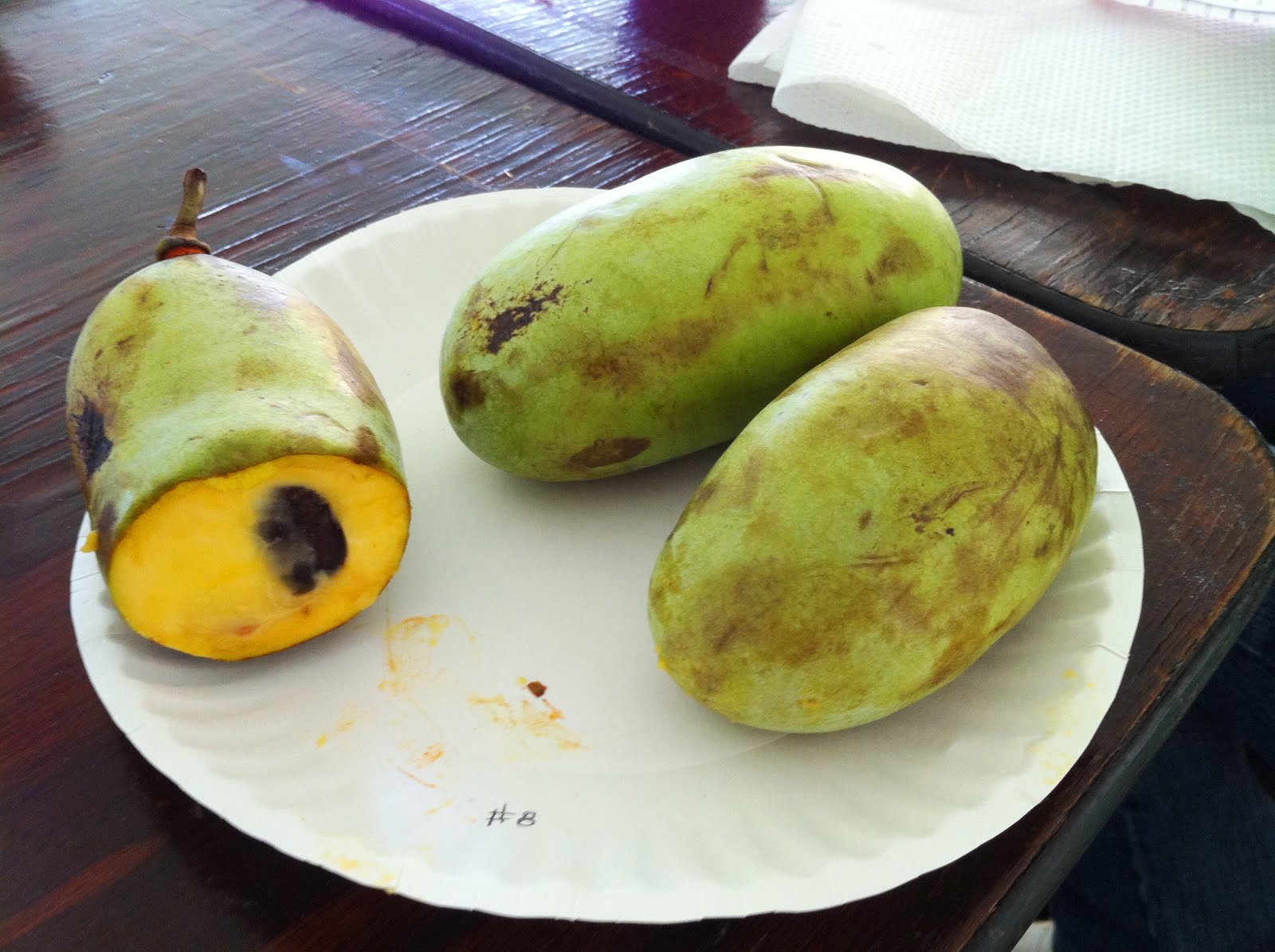I don't like the way I'm feeling
right now. Funky, out of sorts, at loose ends. Until now, there have been few
to none of these moments in the three weeks that I've been at Jubilee. This
brief bout with ennui doesn't approach Kathleen Norris's acedia or the “dark
agony” described by Henri Nouwen in a piece I read this morning about living in
community.
The circumstances: This Saturday morning (Sept. 5) has been my monthly half
day of retreat, and I've slept it away. I am in the retreat shack, encircled by
the verdant woods, in splendid isolation, in the silence of nature. My plan was
to write reflectively—emails to family, friends, church; possible blog entries;
whatever emerged.
After opening the shutters, I
settled on the porch and prayed—and slept. I read the provided chapter
excerpted from The Intentional Christian Community Handbook about A
Spiritual Life for (and in Spite of) Community—and slept and dreamt. I ate
a cheddar biscuit left over from last night's supper and sat back down in the
chair on the porch and dozed some more. Then, I came inside and hooked up my
computer and laid down on the bed for one last little nap--and slept for hours.
Unworthiness and guilt are
flirting with me, though I am not much enticed because resting is obviously what
I needed. And no wonder, with the hot, humid days of teaching and pulling weeds
and picking in the garden and cooking and washing dishes and playing with the
other volunteers and partners and on and on. Life is full and busy and nights
are often restless, if not sleepless. Oh, and I'm 66 years old; there's that.
Even in this gracious, delightful
community of like-minded believers, feeling odd and out of place is flirting
with me, too—and I am enticed. I don't know what's happening back there and how
I can fit in. There was a “Last Blast for Summer Almost Past” festival in Comer
that I had thought I might get in on this afternoon, but I've missed that. Other vols and I have talked of carrying a
picnic to a nearby park later today. Maybe we will.
But I am here and where are they?
Alone in a crowd is how I'm feeling. Odd man out. And yet I am confident that
all I need to do when I'm done here is pack up my stuff and walk back up to
K(oinoia)-House and this melancholy will vanish. Waking up from daytime slumber
can be disorienting, and that's part of what's going on. Already, I've shaken
the physical stupor and am feeling refreshed.
Thank you, God, for most this
amazing day and whatever it may bring next. Now, I will trudge through the
woods back to community, and see what's cookin'.










 Thank
heaven schools are open again in Chicago after seven missed days. The
closure was a bad thing, all sides are agreed on that. Let us hope,
though, that the negotiations and communication of those seven days
will serve a high purpose for schools everywhere, making the
interruption worthwhile.
Thank
heaven schools are open again in Chicago after seven missed days. The
closure was a bad thing, all sides are agreed on that. Let us hope,
though, that the negotiations and communication of those seven days
will serve a high purpose for schools everywhere, making the
interruption worthwhile.




